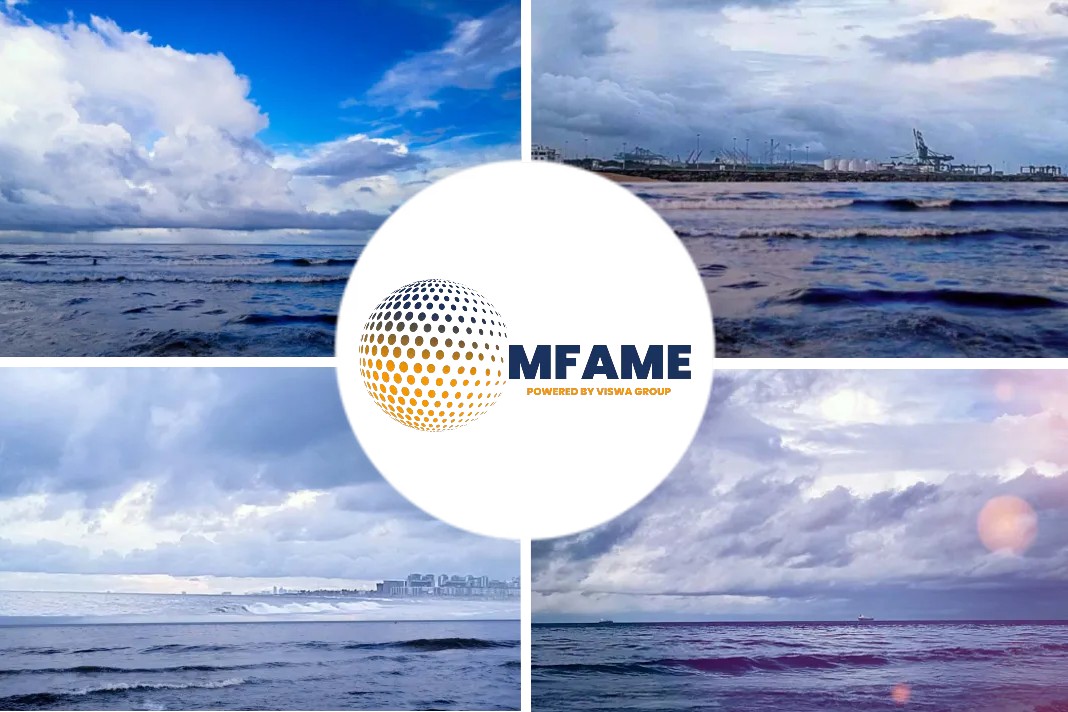- Major shipping industry organizations warn that an upturn in piracy attacks in the Gulf of Guinea is likely now that the dry season approaches and sea conditions improve.
- This has come just one week after the IMB PRC reported a 40% increase in the number of kidnappings from within Gulf of Guinea waters in 2020.
- Members and clients with vessels trading to West Africa are advised to take note of the recent warnings and recommendations offered.
- Additional information and advice can also be found on Gard’s website “Piracy and armed robbery at sea”.
Increased security threats to vessels operating in the Gulf of Guinea, says a Gard news report.
Pirates attack seafarers
Pirates are kidnapping more seafarers off West Africa, IMB reports
On 14 October 2020, the International Maritime Bureau’s Piracy Reporting Centre (IMB PRC) released figures showing a rise in piracy and armed robbery on the world’s seas in the first nine months of 2020, with a 40% increase in the number of kidnappings reported in the Gulf of Guinea, compared with the same period in 2019.
Approximately 95% of the global kidnappings during the period occurred in the Gulf of Guinea, involving 80 crewmembers being kidnapped in 14 attacks off Nigeria, Benin, Gabon, Equatorial Guinea and Ghana.
Pirates armed with guns and knives are abducting bigger groups of seafarers at further distances off the West African coast, says the IMB PRC, and further warns of pirate gangs in the area that are“well organized and targeting all vessel types over a wide range”.
Gulf of Guinea update
On 21 October 2020, BIMCO, ICS, INTERCARGO, INTERTANKO and OCIMF issued a joint statement advising vessels operating in the Gulf of Guinea to pay particular attention to maritime security risks in their voyage planning.
“As the dry season approaches and sea conditions abate, an increase in attacks in the Gulf of Guinea has traditionally been seen”, the organizations warn in the joint statement.
In order to ensure the safety of all vessels and afford best protection to global trade, ship operators and masters must ensure vessels operate in compliance with flag state requirements and guidance as well as with the “Best Management Practices to Enhance Maritime Security for Vessels & Mariners Operating Off the Coast of West Africa including the Gulf of Guinea” (BMP WA).
In addition, the following BMPs are emphasised in the joint statement:
- Equip citadels with a satellite telephone (BMP WA Page 22).
- Be familiar with the ship security plan and the specific protection measures to be implemented should the vessel come under attack (BMP WA Section 7).
- Register with MDAT-GOG when entering the West African Voluntary Reporting Area (VRA), and if operating inside the VRA, report daily (BMP WA Section 6).
- Report significant changes to ETA’s in Line 6, “Other important info”, of the “Daily/Transit Position Report” to MDAT-GOG (BMP WA Annex D).
- Clearly define a vessel’s AIS policy (BMP WA page 13). It should be noted the Nigerian Navy may arrest any ship found to have switched off their AIS, see our Alert “Do not switch off the AIS in Nigerian waters” of 16 October 2020. A decision to switch off the AIS should therefore be based on concerns over safety and/or security and recorded in the vessel’s logbook as evidence in any subsequent legal proceedings.
- Ensure vessel CSOs have available the correct contact details for MDAT-GOG (BMP WA Annex A).
- Implement strict procedures regarding information security to prevent critical voyage information from ‘falling into the wrong hands’ (BMP WA Page 11).
- Report an attack, or suspicious activity, immediately to MDAT-GoG (BMP WA Section 7).
- Understand the threat (BMP WA Section 2). Attacks have previously occurred 200Nm from the coast and past locations of attacks should be considered as part of a vessels threat and risk assessment. Closely monitor the threat situation, e.g. via the websites of the IMO and IMB PRC, and stay in close contact with the ship’s local agents and regional authorities to obtain the most up to date and reliable information available at any given time.
- Coordinate a vessel’s arrival (BMP WA Page 13). If voyage plans permit, wait at distance offshore and transit at high speed to arrive at any rendezvous point ‘Just in Time’ including STS and/or Offshore Terminals. Some vessels tender a virtual Notice of Readiness (NOR) whilst staying safely offshore. Both tendering a virtual NOR and waiting offshore are accepted practice for many vessels operating in the Gulf of Guinea. Whilst waiting offshore, engines must be ready for immediate manoeuvre.
The joint statement also warns that pirate gangs may attack vessels located in waters close to shore, such as in rivers, harbours and at loading stations and recommends gangway staff be briefed and instructed to keep a good look out for suspicious activity.
Did you subscribe to our daily newsletter?
It’s Free! Click here to Subscribe!
Source: Gard

















